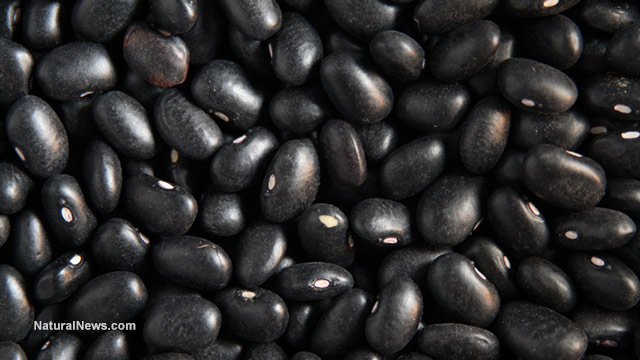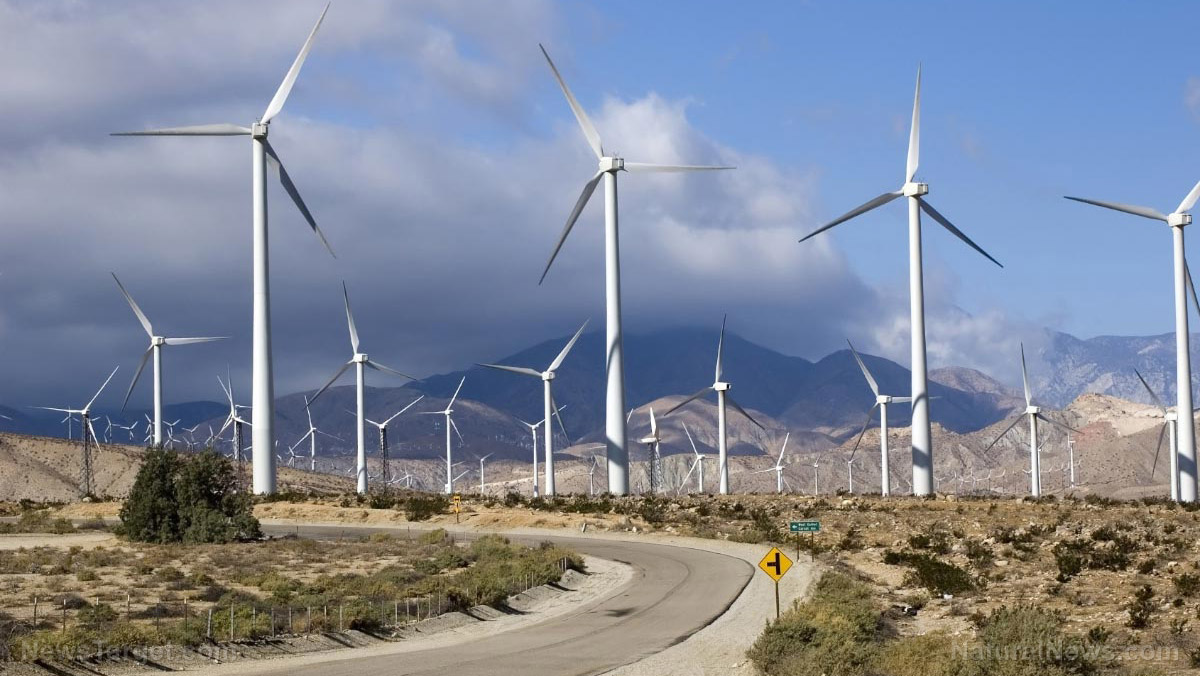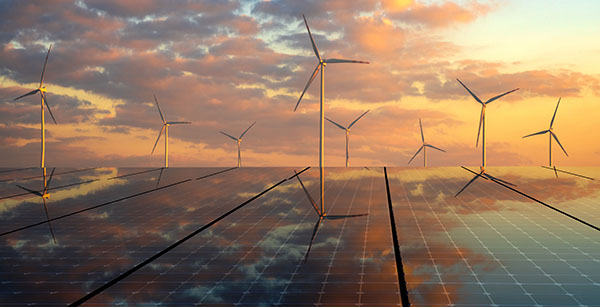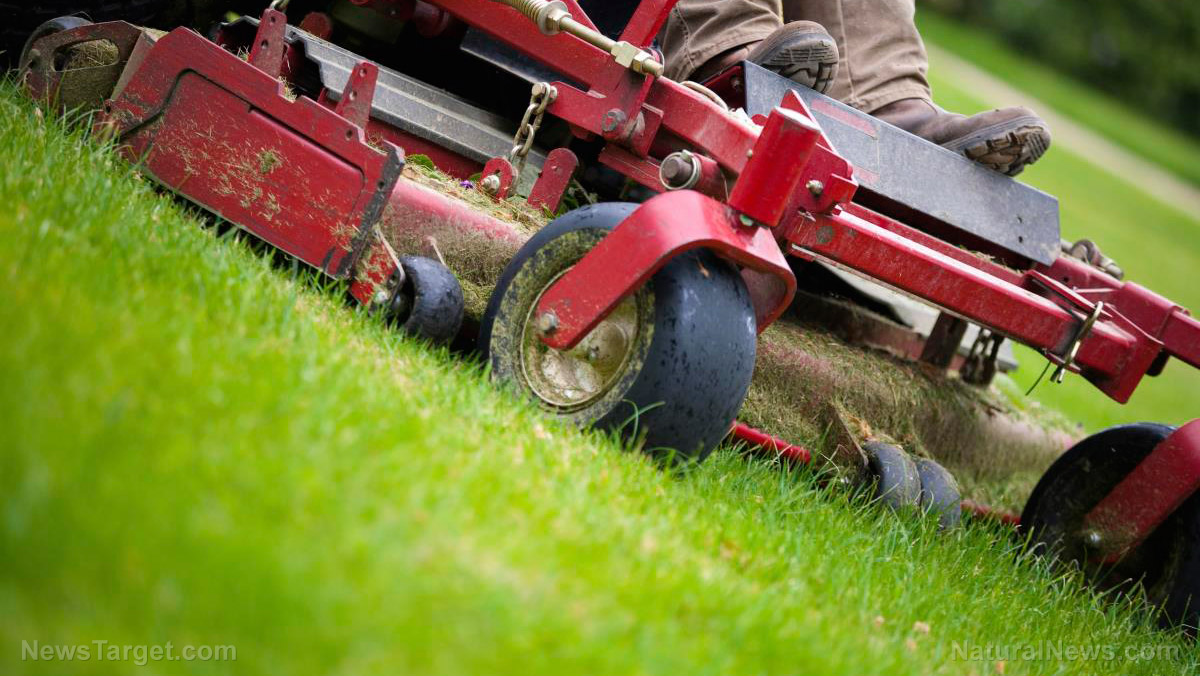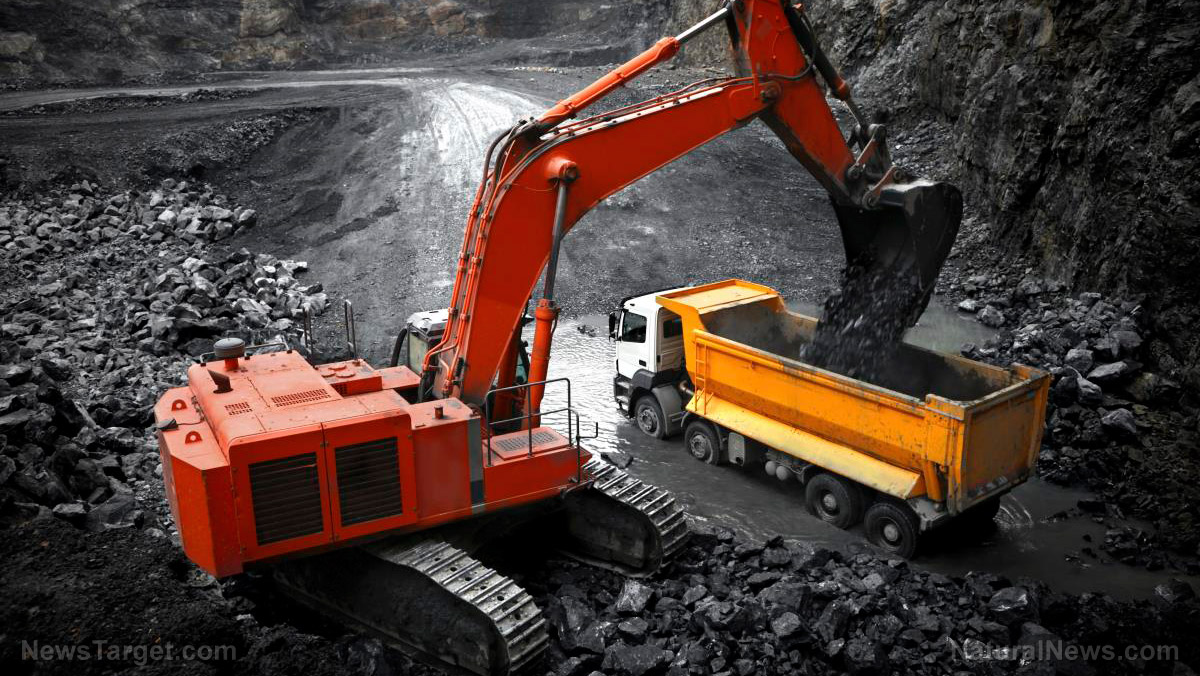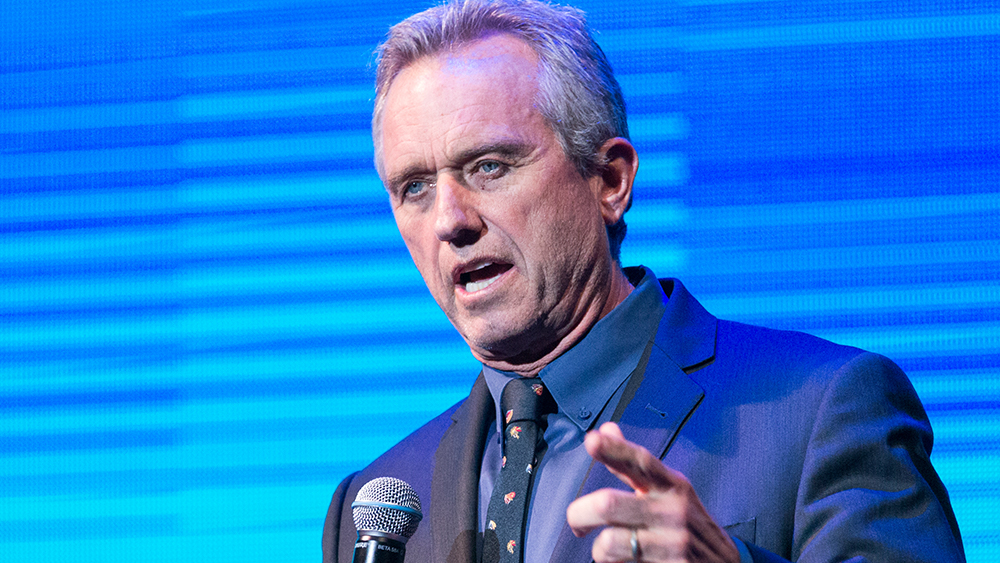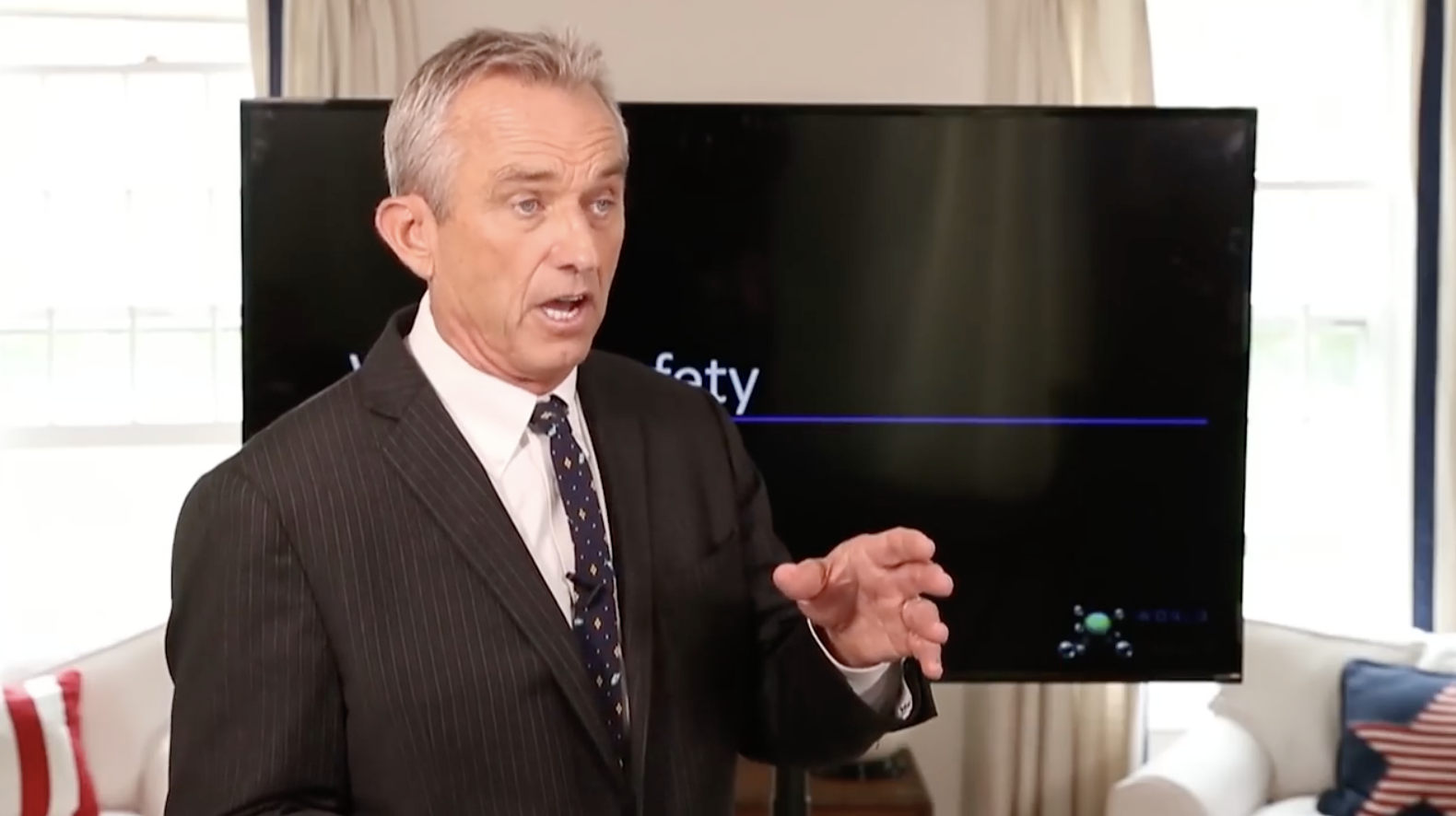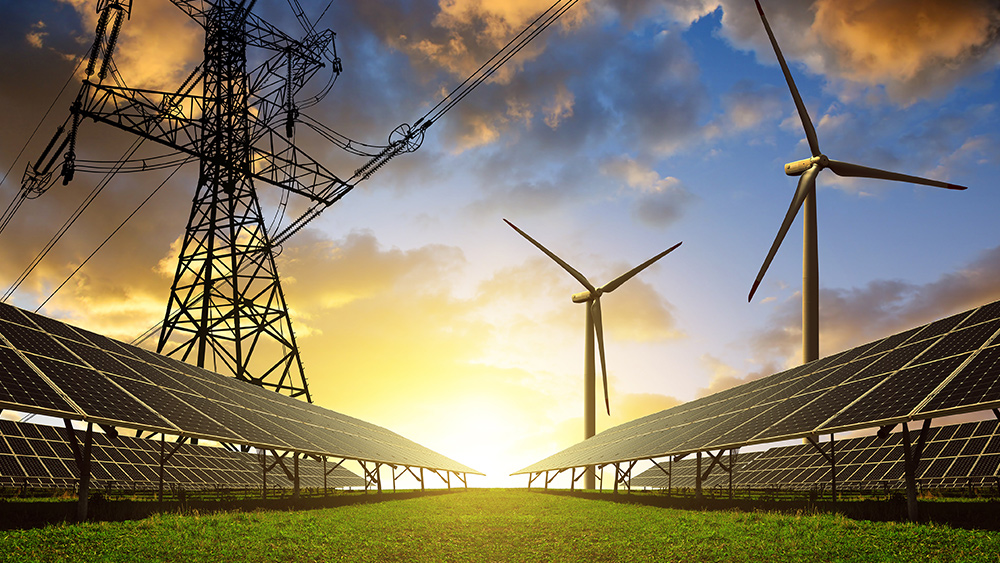STARVE FOR THE CLIMATE: European Union partners with Dutch government to shut down dairy, cattle, pig, and poultry farms across the country
05/05/2023 / By Lance D Johnson
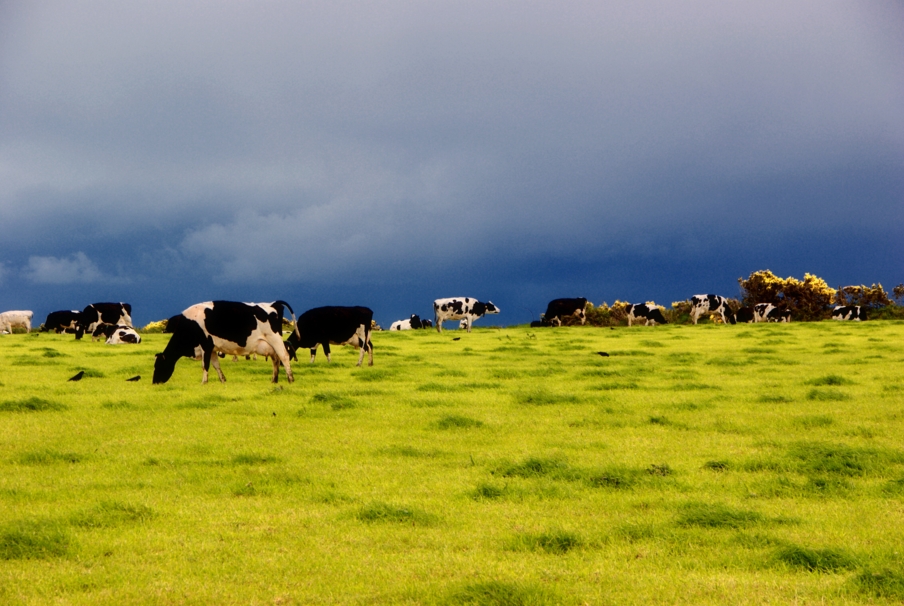
The “Climate Shutdowns” are here. The European Union is partnering with the Dutch government to permanently shut down dairy, cattle, pig, and poultry farms across the Netherlands. Just a year ago, the Dutch government announced a plan to reduce nitrogen emissions across the country by more than 50 percent by 2030.
On May 2, the European Commission approved a plan that would pay livestock farmers to shut down indefinitely in designated conservation areas if they agree to never start the same breeding activity elsewhere. The EU’s environmental regulations are a threat to basic economic freedoms and the repercussions will impact human rights and the food supply itself.
European Green Deal bribing small farmers to shut down permanently
Under the European Green Deal, governments are bribing small and mid-sized farmers to shut down their operations permanently because their facilities produce high levels of nitrogen. The nitrogen is now labeled a “pollutant” that should be cut by 50% across Europe. Under the Green Deal, it is “necessary and appropriate” to “improve the environmental conditions of the targeted areas and to allow a high quality, sustainable and environmentally friendly production,” and that involves shutting down hundreds of small farms. The Dutch government has budgeted roughly €1.47 billion ($1.62 billion) to pay off the farmers and shut them down for good.
The funds will be used to compensate the farmers “up to 100 percent” of the losses they incur after “voluntarily” agreeing to shutdown dairy, cattle, pig, and poultry breeding sites. The EU Commission is calling these buyouts “direct grants.”

Under the government’s plan, these new buy-outs of small and mid-sized farms are called “schemes.” The Dutch government will keep the schemes running until February of 2028, until most farming operations are consolidated into the hands of the few. The EU Commission claims that the schemes are “proportionate” and the compensation “brings about positive effects that outweigh any potential distortion of competition and trade in the European Union.”
Farmers are only eligible for the buy-outs if they can prove that they have produced for five consecutive years. The WEF globalists behind the new plan know that the Netherlands is a top exporter of meat and agricultural products around the world. According to the National Statistics Office, Dutch agricultural exports were worth €122.3 billion last year. Farmers are fighting back against the new environmental rules that threaten their very existence, but the Dutch government is conspiring with the WEF.
The EU is destroying fundamental freedoms and restricting food production, all for the “greater good”
Robbin Voorend is one such farmer who has spoken out about the European Green Deal. The government’s nitrogen emission schemes have already cut his livestock production by 90-95%. Dairy farmer Martin Neppelenbroek attests that the government culled 95% of his herd.
These schemes will not be enough to convince every farmer to shut down, so additional bribes and payouts will be included in the bigger plan. Under the €975 million ($1.77 billion) LBV-plus scheme, some farmers who shut down high-level nitrogen operations will receive up to 120% in compensation from the lost production capacity. Under the European Green Deal, member states may grant some farmers an additional 20% “green bonus” — if they shutdown their farms for “environmental” reasons.
Dutch political commentator Eva Vlaardingerbroek estimates that the EU buyouts could permanently shutdown 3,000 or more Dutch farms.
“This is how they do it: they put a knife to the farmers’ throats. They make sure they don’t get their licenses renewed, they’re plaguing them with new rules and restrictions every day and then offer them a bribe, knowing many will take it out of pure desperation. It’s all so vile,” Vlaardingerbroek wrote, while questioning the legality of the government prohibiting farmers from starting over again.
“The whole idea of the EU was supposed to be about freedom of movement and freedom of workers. This is some next-level USSR stuff,” Vlaardingerbroek warned.
Sources include:
Submit a correction >>
Tagged Under:
This article may contain statements that reflect the opinion of the author

